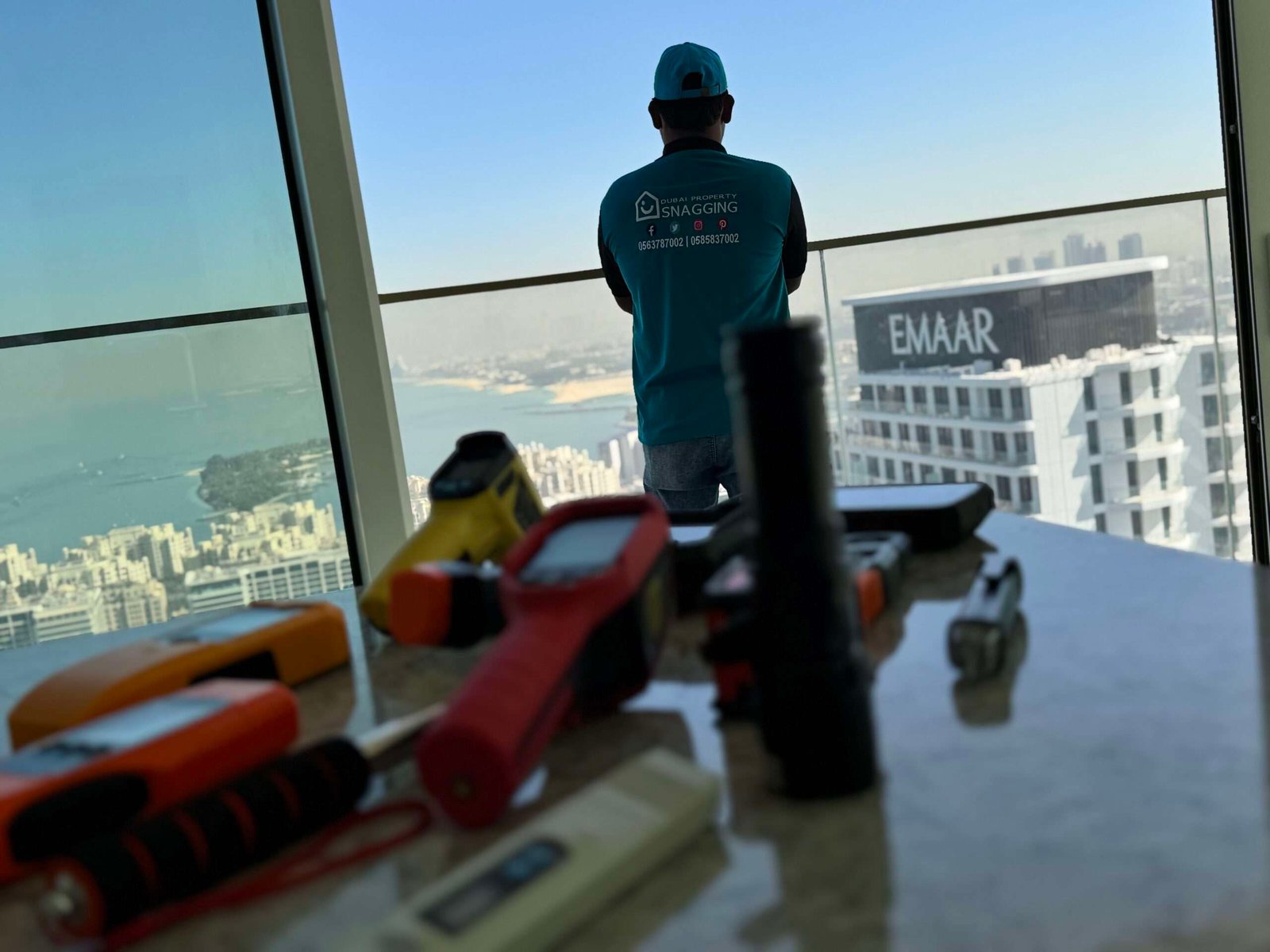How Regular Inspections Improve Quality Assurance for Properties
Quality assurance (QA) in real estate and construction is essential for ensuring the safety, functionality, and longevity of a property. One of the most effective ways to maintain high standards is through regular inspections. These inspections help identify potential issues early, ensuring compliance with regulations and improving overall quality control.
In this blog, we’ll explore how regular inspections improve quality assurance for properties, the key areas they cover, and practical tips for implementing an effective inspection strategy.
Why Regular Inspections Are Crucial for Quality Assurance
Regular inspections serve multiple purposes beyond just checking for visible defects. They play a critical role in preventing major structural problems, ensuring compliance, and increasing buyer confidence. Here’s how they contribute to quality assurance:
1. Early Detection of Defects
By inspecting properties at different stages of construction or maintenance, potential defects—such as weak foundations, faulty wiring, or poor plumbing—can be detected before they become costly problems.
2. Compliance with Building Codes and Safety Regulations
Governments and municipalities enforce strict building codes and safety regulations to protect occupants. Regular inspections ensure the property meets fire safety, electrical, plumbing, and structural integrity standards.
3. Enhancing Construction Quality
For off-plan or under-construction properties, routine inspections help ensure that contractors adhere to the approved building plans and quality standards, preventing the use of substandard materials or shortcuts in workmanship.
4. Preventing Costly Repairs and Delays
Addressing minor issues early prevents them from escalating into major, expensive problems. Inspections help developers and property owners maintain cost efficiency and reduce delays in project completion.
5. Boosting Buyer Confidence and Transparency
For property buyers, especially in markets like Dubai’s off-plan sector, third-party inspections provide an added layer of transparency and trust. Buyers feel more secure knowing the property has been thoroughly checked before handover.
Key Areas Covered in Regular Property Inspections
To ensure comprehensive quality assurance, inspections should cover the following areas:
1. Structural Integrity
- Foundation stability
- Wall and ceiling cracks
- Roofing condition
- Load-bearing structures
2. Electrical Systems
- Wiring and circuit safety
- Proper grounding
- Functioning outlets and switches
- Compliance with electrical codes
3. Plumbing and Water Systems
- Leakage detection
- Water pressure and drainage
- Pipe and fixture quality
- Sewage and wastewater systems
4. HVAC and Ventilation Systems
- Air conditioning efficiency
- Proper insulation
- Ventilation flow and air quality
5. Fire and Safety Compliance
- Fire exit routes
- Smoke detectors and sprinklers
- Emergency lighting systems
6. Finishing and Aesthetic Quality
- Flooring, tiles, and paintwork
- Doors, windows, and cabinetry
- Fixtures and fittings alignment\
Tips for Implementing an Effective Inspection Strategy
1. Schedule Inspections at Key Stages
For under-construction properties, plan inspections at critical stages, such as:
- Pre-construction: Assess soil condition and foundation.
- During construction: Verify structural framework, plumbing, and electrical installations.
- Final handover: Conduct a snagging inspection to identify any finishing defects.
2. Use Third-Party Inspectors
Hiring independent inspectors ensures an unbiased assessment of the property, eliminating conflicts of interest between buyers, developers, and contractors.
3. Document Inspection Findings
Keep detailed reports with photos, descriptions, and recommendations. This documentation serves as a reference for resolving disputes or planning future maintenance.
4. Establish a Regular Maintenance Inspection Plan
For completed properties, conduct inspections annually or bi-annually to:
- Prevent water damage and leaks
- Maintain electrical and HVAC efficiency
- Ensure tenant safety and compliance
5. Address Issues Promptly
Inspection reports should lead to immediate corrective actions to prevent further deterioration and maintain long-term quality.
Conclusion
Regular inspections are a fundamental part of quality assurance in the real estate and construction industry. They help maintain compliance, safety, and durability, ensuring properties meet high standards from construction to long-term ownership.
By integrating systematic inspections into property development and maintenance plans, developers, homeowners, and investors can safeguard their assets, improve market credibility, and enhance buyer confidence.



